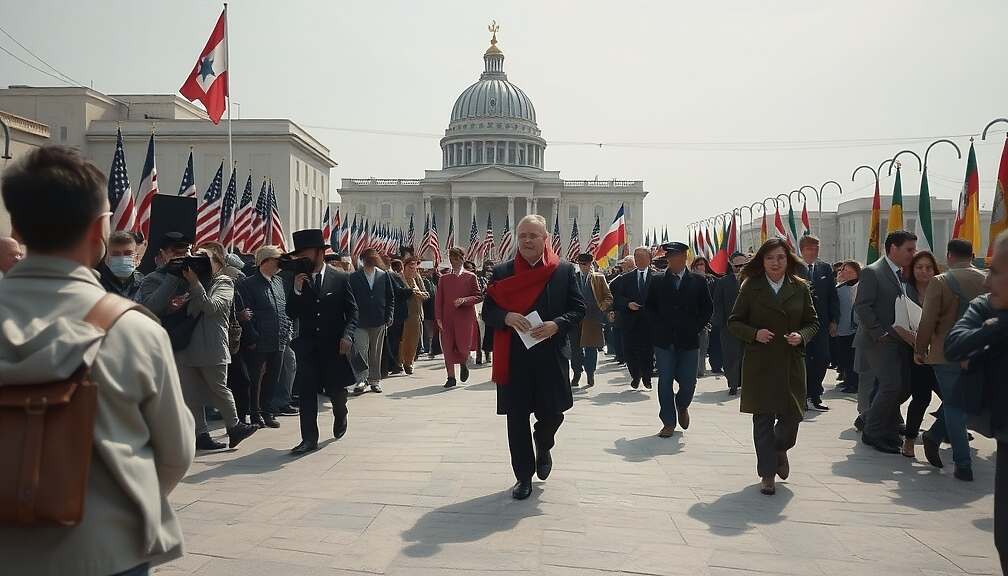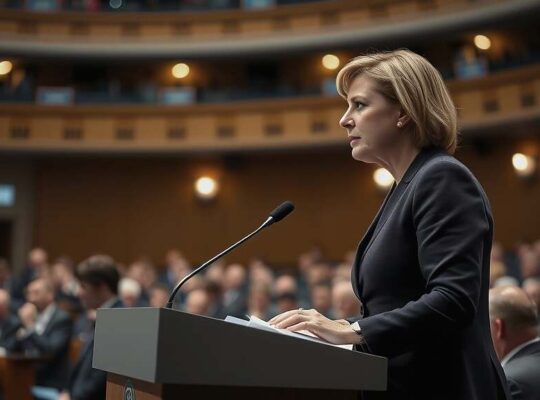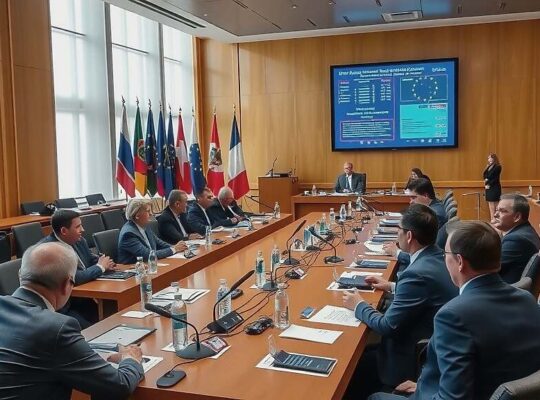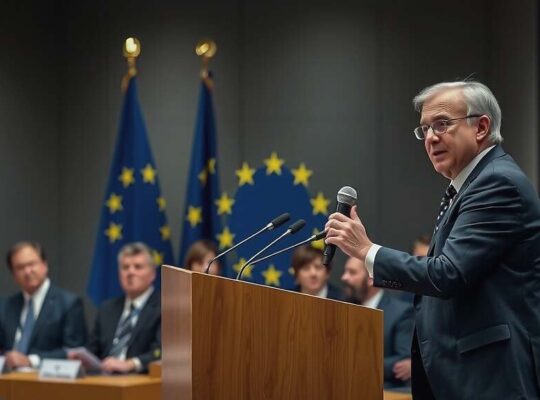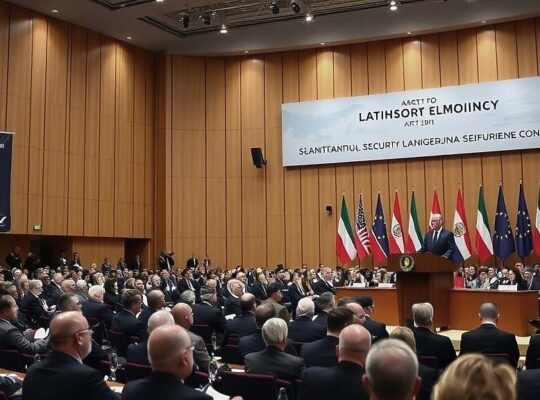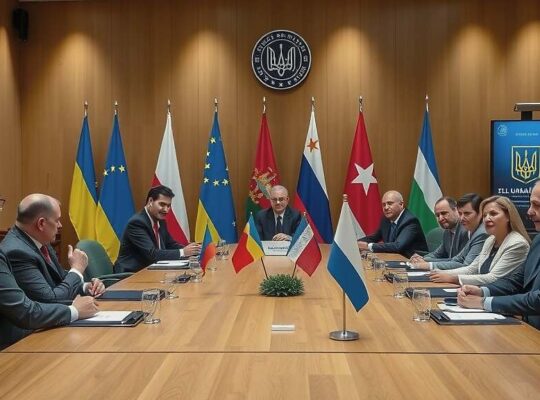A confidential assessment circulating within NATO expresses growing concern over the modernization of Russia’s nuclear arsenal, particularly the imminent deployment of the “Burewestnik” (codenamed “Skyfall”) nuclear-powered cruise missile. The document, originating from the alliance’s intelligence division and reported by “Welt” on Saturday, details a comprehensive analysis of Russia’s Strategic Missile Forces and flags the “Skyfall” system as a significant destabilizing factor.
The assessment highlights a marked shift in Russia’s strategic posture, moving beyond previous, less successful testing phases. President Vladimir Putin’s recent announcement declaring the development cycle complete raises serious questions about the potential for rapid deployment and integration into Russia’s nuclear deterrent. The “Skyfall” system, boasting speeds exceeding 900 kilometers per hour and exhibiting a high degree of maneuverability, complicates existing NATO defense strategies. Its capacity for mobile launch platforms further evades traditional detection and intercept capabilities.
Crucially, the document underscores the weapon’s ability to circumvent existing arms control agreements. Its nuclear-powered propulsion system allows for a significantly extended range and operational flexibility, blurring the lines between conventional and nuclear capabilities and potentially lowering the threshold for escalation.
The leaked internal paper raises fundamental questions about NATO’s preparedness for this evolving threat. While officials acknowledge ongoing efforts to adapt defensive measures and enhance intelligence gathering, critics within the alliance are already questioning whether these efforts are sufficient to counter the strategic advantage afforded by the “Skyfall” system. The emergence of this advanced missile system is fueling anxieties about a renewed arms race and a deterioration of already strained relations between Russia and the West, prompting renewed calls for a reassessment of NATO’s long-term deterrence strategy and a potential, albeit difficult, re-engagement in arms control negotiations. The development throws into sharp relief the challenges of verifying adherence to existing treaties in an environment of increasing mistrust and geopolitical tension.


